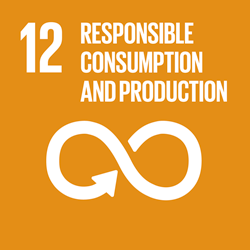Technological watch
Recent Advances in Encapsulation Techniques of Plant Growth-Promoting Microorganisms and Their Prospects in the Sustainable Agriculture
In addition to changing global demography and global warming, agricultural production systems around the world are threatened by intensive agricultural practices (overuse of land and excessive use of chemical fertilizers and pesticides) that deplete soils by affecting their dynamics and their fertility, pollute the environment, lower production, and alter biodiversity on a large scale. The use of bioformulations based on PGPMs (plant growth-promoting microorganisms) seems to be a promising and sustainable strategy to overcome these threats, thanks to their tolerance to various biotic and abiotic stresses and via their beneficial effects in promising plant growth, pest protection, bioremediation, and restoration of degraded lands. In recent years, particular attention has been paid to encapsulated formulations because they offer several advantages over conventional bioformulation (liquid and solid) related to shelf life, problems of survival and viability in the environment, and the efficiency of rhizospheric colonization. This review focuses on the types of encapsulations and the different technologies used in this process as well as the most commonly used substrates and additives. It also provides an overview on the application of encapsulated bioformulations as biofertilizers, biopesticides, or other biostimulators and summarizes the knowledge of the scientific literature on the development of nanoencapsulation in this sector.
Publication date: 08/09/2022
Author: Amel Balla
Reference: doi: 10.3390/app12189020






